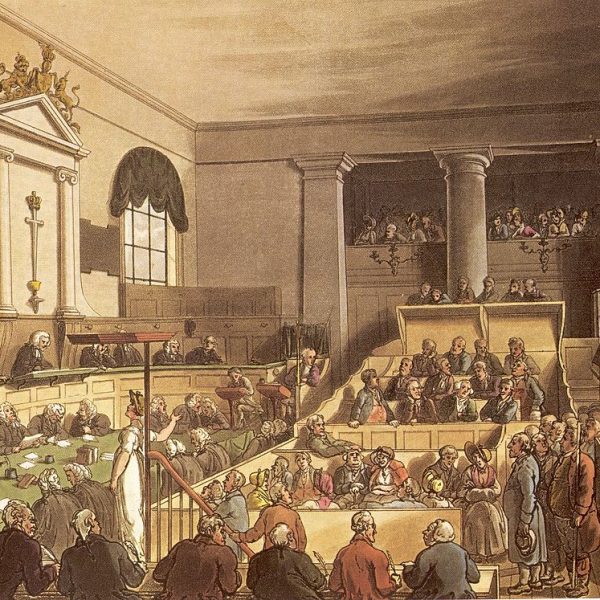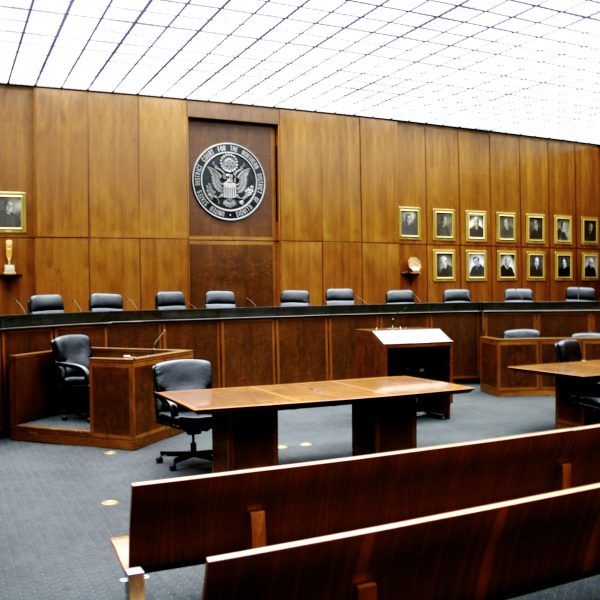
MOVE, while an illiberal religion characterized by abrasive rhetoric, is nonetheless an example of the religification of law and the legal system. MOVE activists refused to surrender the court to the state, seeing the legal system as a potential tool against the state, rightly beyond state control.
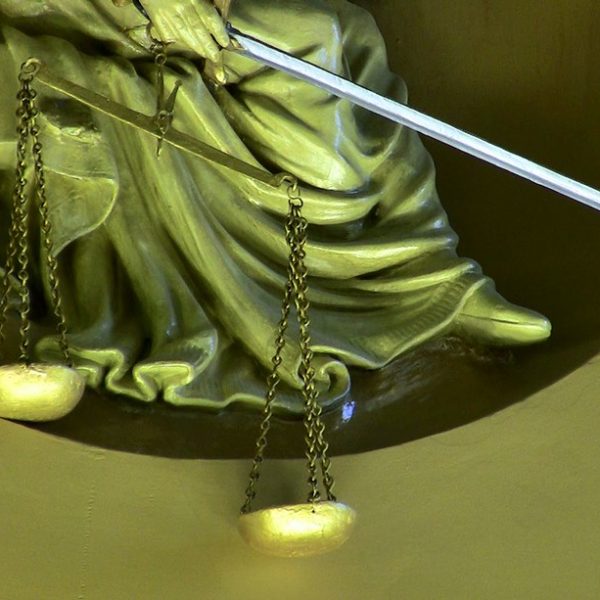
Non-vaccinating parents are asking, in the name of religion, to risk their own child and their child’s classmates with a preventable disease. This is not a theoretical risk: the last outbreak of polio in the United States, to give one example, was in a Christian Scientist school with low vaccine rates.
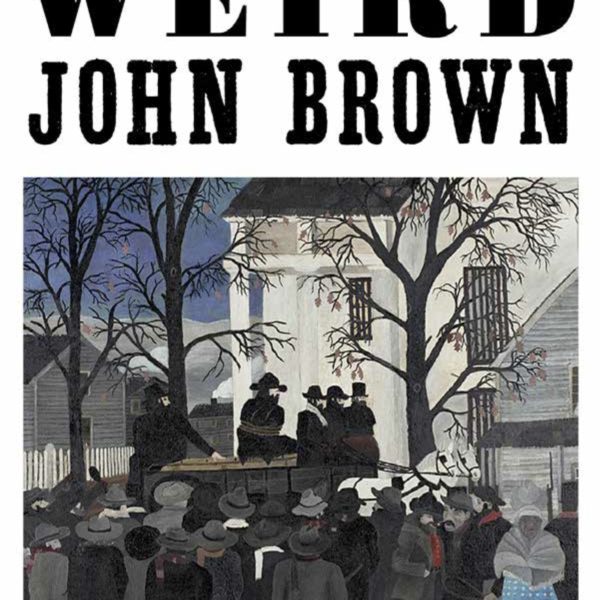
A bishop recently said that 90% of the homilies he has ever heard can be boiled down to two words: “Try harder.” Of all the things that Ted Smith’s book does well, the most compelling for me is his attempt to critique the ethical confines to which reflection on politics and violence — along with so much else — is often limited.
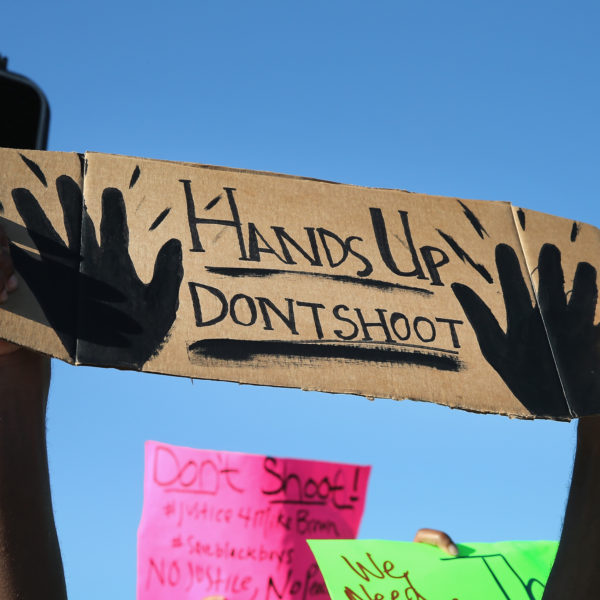
In the 17th of July, 2014, Eric Garner died after being placed in a chokehold by Staten Island police during his arrest for the suspicion of selling loose cigarettes. Less than a month later, on August 9th, Michael Brown was shot to death in an altercation with Darren Wilson, a police officer in Ferguson, Missouri. Both cases raised significant concerns about civil rights, about the possible militarization of policing in American cities, and about the treatment of minority communities by white police officers and white police forces. In response to the furor that arose, the two district attorneys, Robert McCulloch in Ferguson and Dan Donovan in Staten Island, sought to quell community distrust by going to extraordinary measures.

One of the most important tasks for political theologians today is the cultivation of capacities for democratic reasoning about exceptions to the rule of law. The task is important because liberal societies face – or at least believe they face – a number of threats that seem to require exceptional measures in response. The pressure to make exceptions grows stronger, even as we find ourselves with fewer and weaker resources for thinking about them.
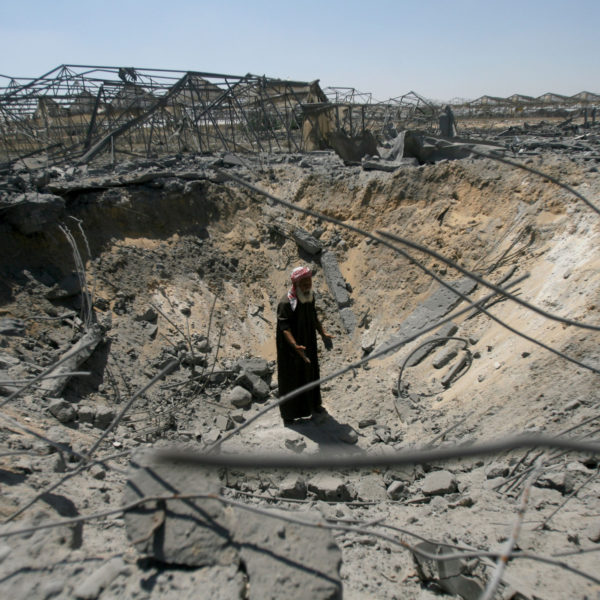
Since World War II, the primary ambition of international humanitarian law — the law of armed conflict — has been to insulate military violence from the civilian population. Military forces are required to identify themselves as such, by wearing clearly marked uniforms, and to discriminate in their selection of targets: They cannot deliberately attack noncombatants or infrastructure that has no military use.
For the family of the late Trayvon Martin, Saturday’s ruling – that George Zimmerman was found not guilty of any wrongdoing in his shooting of Trayvon – is a terrible tragedy, and a miscarrying of justice, compounding an already vast sea of grief.
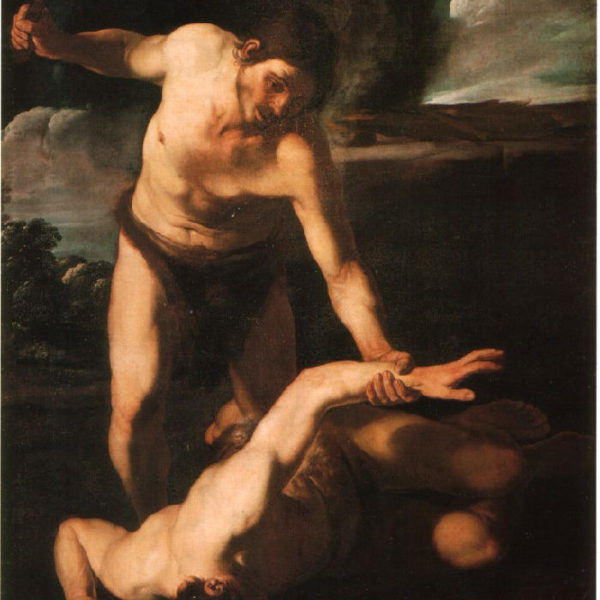
I am grateful to Bill Cavanaugh for taking the time to respond to my blog post of two weeks ago, “Modernity Criticism and the Question of Violence,” and giving me the opportunity to clarify better the nature of my criticisms. Clearly such clarification is in order, as Cavanaugh’s response seems to have struck off in something of the wrong direction, defending theses that were not really under challenge. If I may adapt the opening from his post, Cavanaugh’s response would raise significant difficulties for the thesis of my critique if (1) the argument of that critique were directed against The Myth of Religious Violence and (2) my purpose was to endorse Steven Pinker’s triumphalist progressivism. The first of these premises is false, and the second is highly questionable.
With conservative and evangelical ethicists falling dramatically off the anti-gay-marriage bandwagon at a remarkable pace, superstar theologian David Bentley Hart’s essay “Is, Ought, and Nature’s Laws” last month in First Things came like a spark on a dry pile of tinder. Challenging the optimism of many contemporary Catholic thinkers (and recently many evangelical thinkers as well) that natural law arguments can provide a convincing, broadly-appealing basis for opposition to gay marriage legislation, Hart provoked a tide of responses and counter-responses in the blogosphere, which continues even now. For at stake in Hart’s remarks were not merely how conservatives should and shouldn’t engage in gay marriage debates, but the nature of the public square and of natural law itself, the foundation upon which so much Christian political theory has been built over the centuries.
Rather than attempting to weigh in with yet another contribution to the wide-ranging debate, I will merely seek to provide here something of an annotated catalogue of the more significant blasts and counter-blasts
In this column, I want to engage in what Reynolds Price once referred to as “a serious way of wondering” about Exodus 20: 15-18—i.e., the moment at which the Israelites experience the divine self-revelation at the foot of Mount Sinai. Normally, this passage is understood as a theophanic event. To the extent that it involves the constitution of a nation or polity, it has usually been understood as a theocracy. Its intellectual expression (insofar as it addresses the issue of covenantal authority grounded in divine self-revelation) would therefore take the form of a political theology. To the extent that we read the above passage in this way, we have already rendered a decision—the essential significance of the passage would lie in the divine self-revelation. The fear which the Israelites experienced would amount simply and solely to a fear of God. Conversely, an acceptance of the commandments would amount to an acceptance of the political theology undergirding the theocracy.

